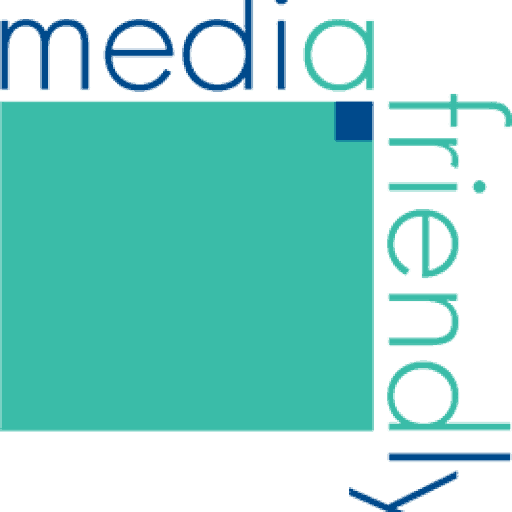When it comes to broadcast media interviews, which format works best?
Some media spokespeople worry more about live interviews rather than pre-recorded interviews.
There’s a preconception that a pre-recorded media interview will be the safer option. This is mainly because you can have another chance at answering a journalist’s question, if you go badly wrong or stutter on your first attempt. There’s the security of knowing that any mistakes won’t be broadcast live to your audience.
But is that really true? What are the advantages and disadvantages of the different types of broadcast media interviews?
Pre-recorded interviews – are they really easier?
It’s true that you do get a second, or even third, chance to answer if you drawn a blank at a question or stutter nervously through your first answer. But, as you learn on media training courses, there’s no such thing as a media safety net.
Pre-recorded interviews tend to be longer, which means you have to stay on the ball longer. With more questions, possibly awkward questions, and journalistic tricks, you are more likely to get flustered. Once you get anxious it can be difficult to “stay on message” it’s easy to talk too much. Not ideal for you as the editing power lies in the hand of the journalist.
Who has the control in a pre-recorded interview?
In a pre-recorded interview you have no control over what questions the journalist will ask. Neither how many times they may repeat it in order to get the sound bite that they are after.
How your answers are eventually edited is also out of your control. When you come to watch your media interview afterwards you could be sorely disappointed that you have not communicated the message you wanted to convey. More questions could be asked of you back in the office.
Your pre-recorded interview, good as it was, may never get to air. Other news stories break and take priority, your news falls down the agenda and may be bumped altogether in favour of the breaking story.
The advantages of live media interviews
The main advantage of a live media interview is that they go out live. Sounds obvious? It is.
In a live media interview you have a finite amount of time for the interview. There is a logical progression. It’s more difficult for a journalist to trick you into a corner or irritate you by asking the same question in different ways to get a poorly phrased sound bite.
With a live interview, the slot is booked and you’re “on air”. If you’ve had media training and prepared your key messages, you know what you are going to say and how to take control of the media interview.
The interview is mercifully shorter, but you can control the message that goes out. There is no chance of any fancy editing. You just have to make sure that you stay on message right to the end of your interview.
Of course a live media interview may make you feel more nervous. There’s nothing like the buzz of adrenaline to enhance performance, but you do need to control your nerves to avoid brain freeze. We cover some reliable calming techniques during our media training courses. These are designed to ensure that you have the right level of energy that you need to handle your media interview with enthusiasm and confidence.
Once your media interview is done, it’s available forever. It can be picked up by other news outlets. The BBC, 24 hour news channels and talk radio stations have a lot of time to fill. We’ve all seen the same media interviews replayed on news programmes throughout the day. We’ve even seen several media interviews go viral, but not usually for the right reasons.
Media training for live media interviews
If you want to make sure that your message is heard as you’ve said it, without bias media editing, live interviews are the best. Mistakes may happen, but reduce the risk. With professional media training you are far more likely to give a powerful, confident performance and get your message across clearly.
Media Friendly have been media training key spokespeople for more than 20 years. For more information on our media training, PR skills and presentation skills, please contact Media Friendly on 01628 474154, enquiries@mediafriendly.org , or book your bespoke media training now.
